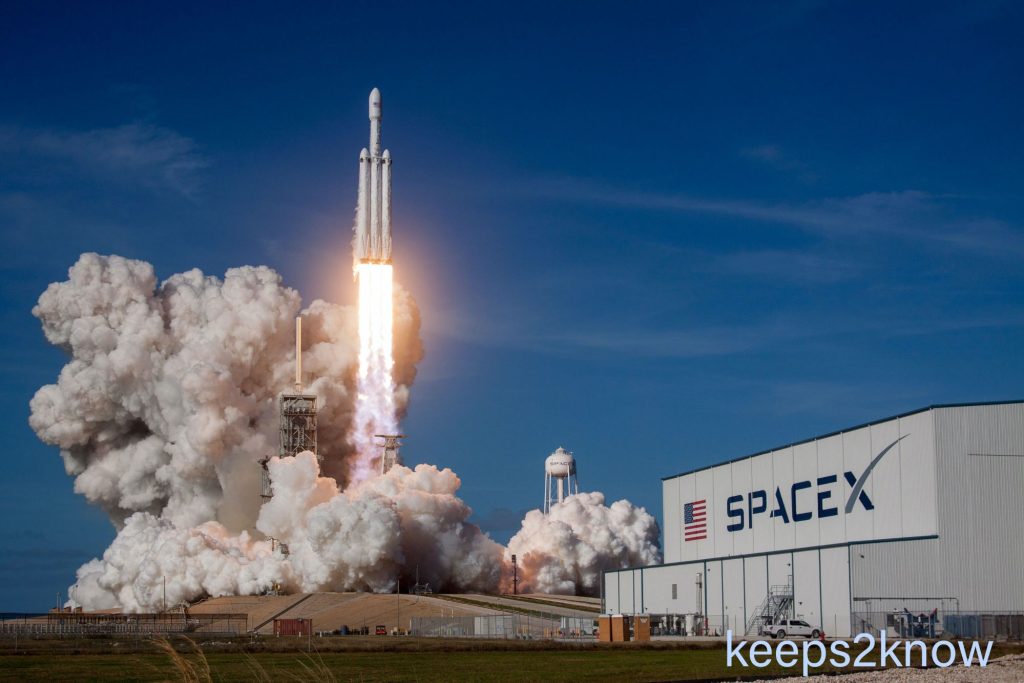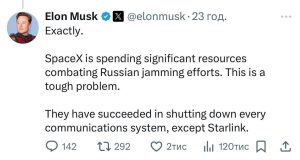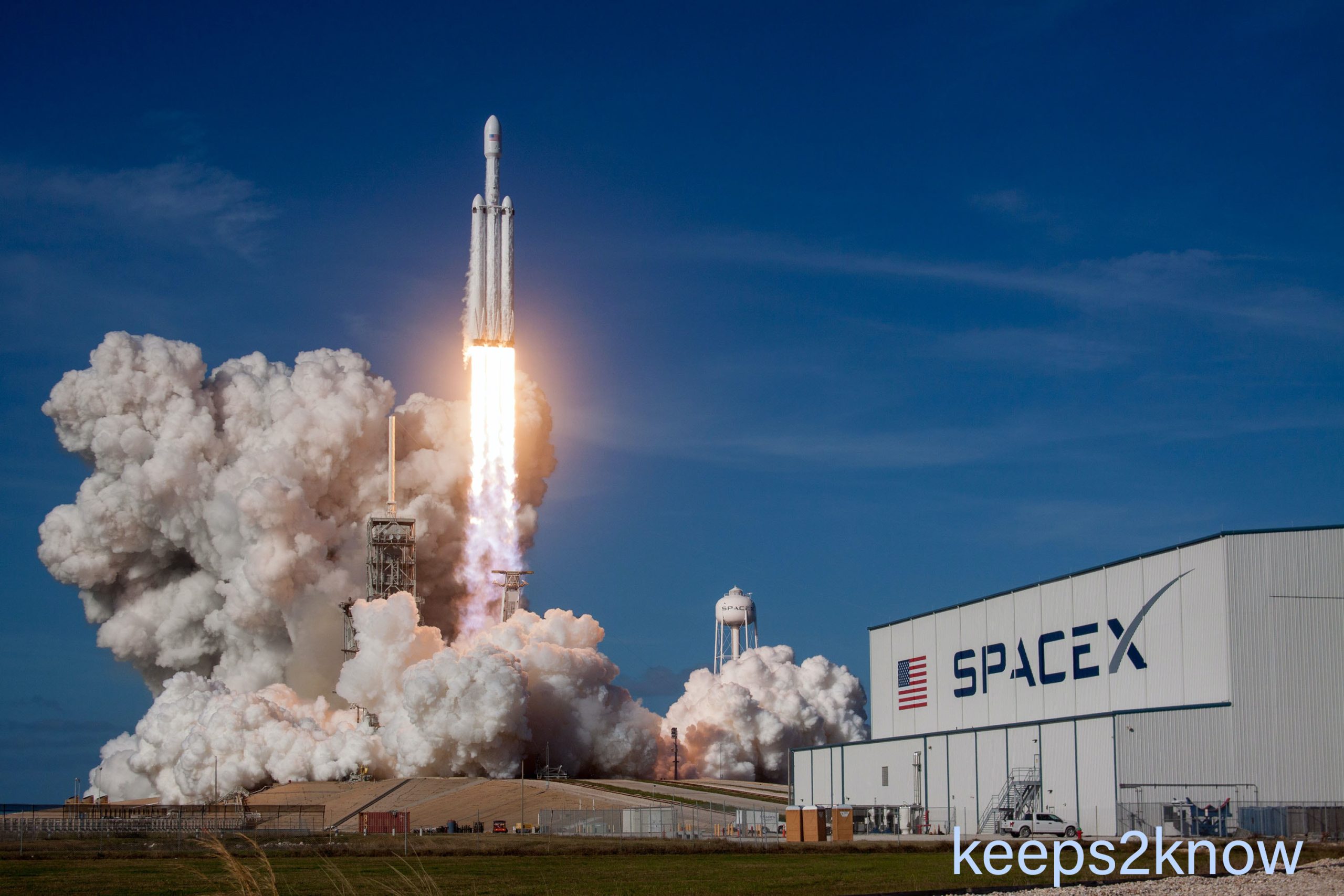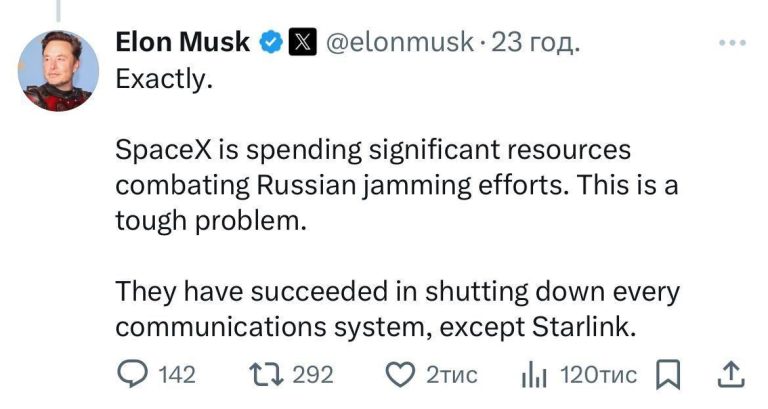January 26, 2024 – United Launch Alliance (ULA), a joint venture between Boeing and Lockheed Martin, achieved a significant milestone with the successful launch of its new Vulcan rocket. This launch marked a crucial step in establishing Vulcan as a strong competitor to SpaceX, which has long held a monopoly in providing launch services, particularly with its reusable Falcon 9 rocket.
The inaugural launch of Vulcan from Cape Canaveral, Florida, demonstrated ULA’s commitment to reclaiming market share from SpaceX. The payload, a privately funded moon lander, experienced technical issues and did not complete its mission. Nonetheless, the launch itself was considered a success, positioning ULA as a potential challenger to SpaceX’s dominance.
Space analyst Caleb Henry from Quilty Analytics noted, “This launch puts ULA in the front-runner position to challenge SpaceX’s de facto monopoly over launch.” The U.S. government, particularly the Pentagon, has expressed concerns about dependence on a single launch provider and is seeking alternatives to ensure access to space for national security needs.
Vulcan, with a starting price of approximately $110 million per launch, is positioned as a more cost-effective option than its predecessor, the Atlas V. While SpaceX’s Falcon 9 is priced at roughly $62 million, ULA aims to offer a competitive choice for various missions.
ULA’s Vulcan has a payload capacity of up to 60,000 pounds (27,000 kg) in low Earth orbit, making it a versatile option for a range of missions. The introduction of Vulcan provides an alternative for customers seeking access to space, driven by the growing demand for satellite launches, especially for projects like Amazon’s Kuiper satellite initiative.
The competition between ULA and SpaceX is crucial for the evolving space industry, which has seen a surge in demand for launches. Vulcan’s success could offer the market another viable option, ensuring diversity in launch providers. ULA plans to continue upgrading Vulcan to enhance competitiveness, with potential reuse strategies for its booster engines in the pipeline.

This development signifies a significant shift in the space launch landscape, with ULA emerging as a strong contender challenging SpaceX’s long-standing dominance. The coming years will likely witness intensified competition, fostering innovation and efficiency in the space launch industry.




























+ There are no comments
Add yours